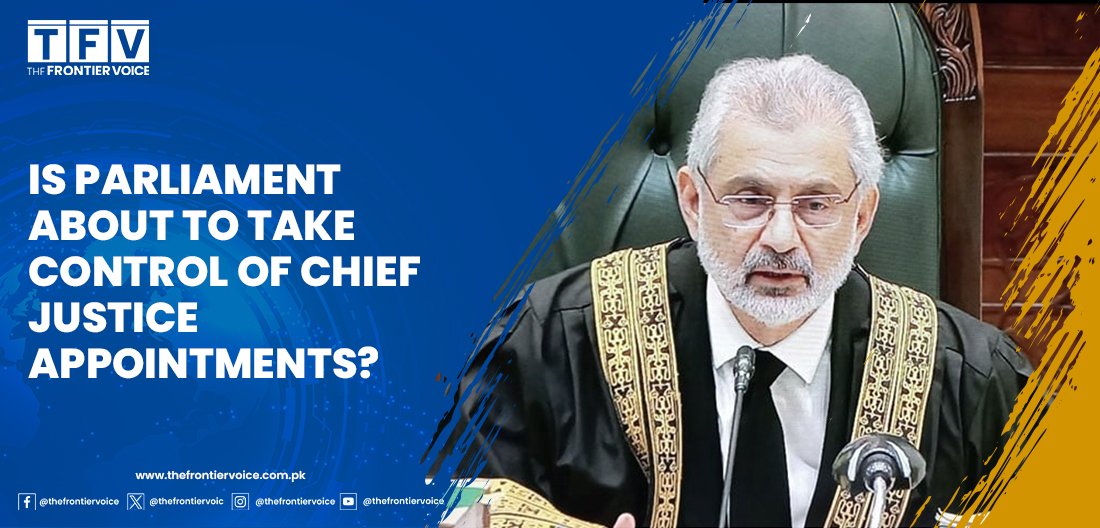POLITICS
Is Parliament About to Take Control of Chief Justice Appointments?

The draft of the 26th constitutional amendment marks a pivotal shift in Pakistan’s judiciary by proposing that the appointment of the chief justice of Pakistan will be handled by a parliamentary committee rather than the traditional seniority-based system. The newly proposed 12-member committee will consist of members from both the National Assembly and Senate, ensuring proportional representation.
The draft suggests that the prime minister will forward the committee’s recommendation to the president for approval, with nominations finalized 14 days before the incumbent chief justice retires. Additionally, a new Constitutional Division within the Supreme Court will be established to handle constitutional cases, replacing the current practice of allocating these cases to individual judges.
This significant reform has sparked debate about political involvement in judicial matters, raising questions about its potential impact on judicial independence and efficiency. The 12-page draft outlines 24 major points aimed at ensuring a more streamlined and politically inclusive process for top judicial appointments.
The proposal is poised to reshape Pakistan’s judiciary and will likely be at the center of political and legal discussions in the days to come.
